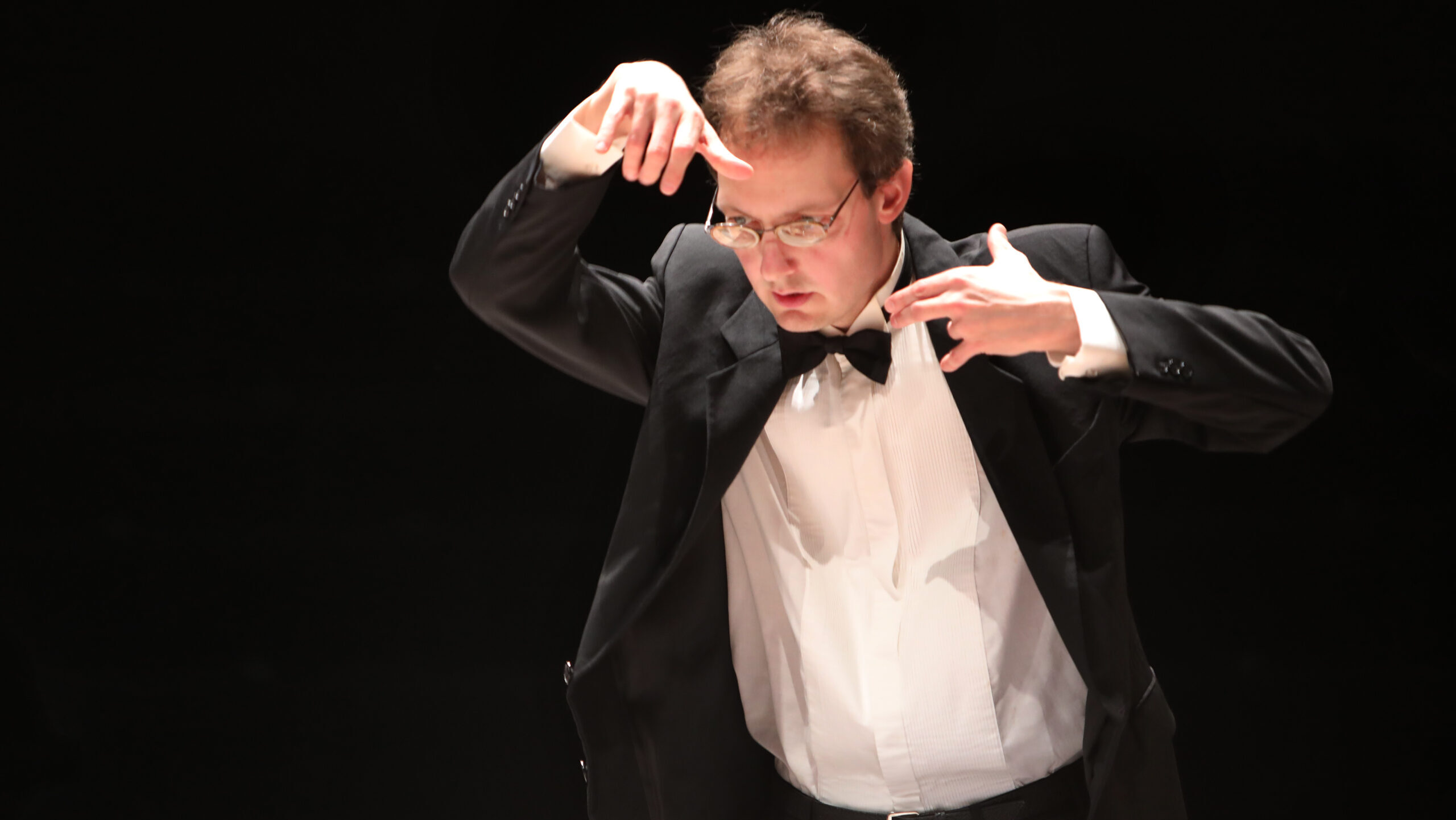Next programs
Antonio Casimir CARTELLIERI (1772-1807): Rübezahl, 1801 (concert performance) Organizer: Helsinki Baroque Orchestra Co-operating partner: Haydneum There is no shame in...
Antonio Casimir CARTELLIERI (1772-1807): Rübezahl, 1801 (concert performance, Hungarian premiere) Organizer: Haydneum Co-operating partner: Helsinki Baroque Oechestra PREVIEW From 6:30...
J. HAYDN: Symhony in D major, Hob. I:1 M. HAYDN: Concerto in C major for organ, viola and strings, MH...

